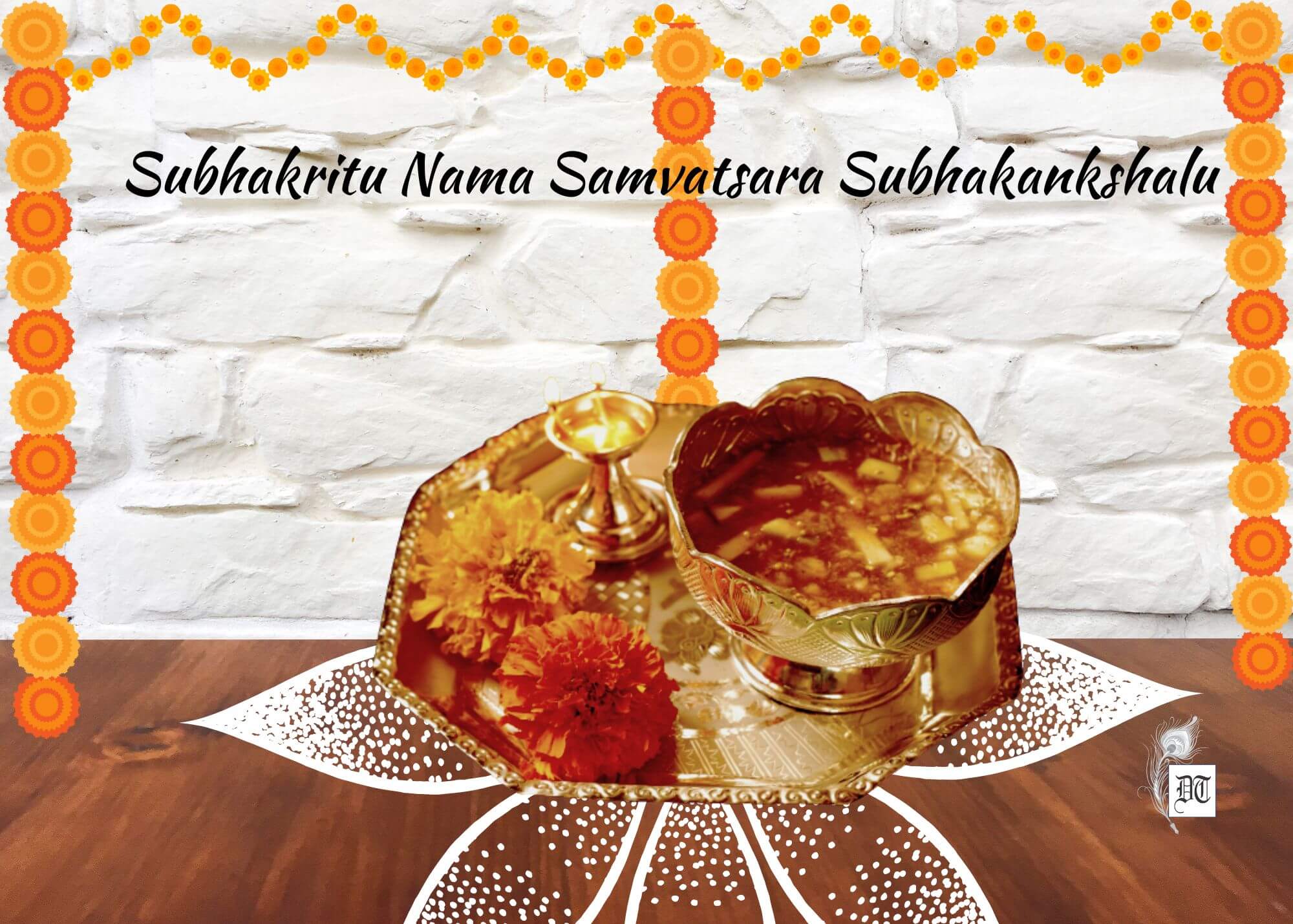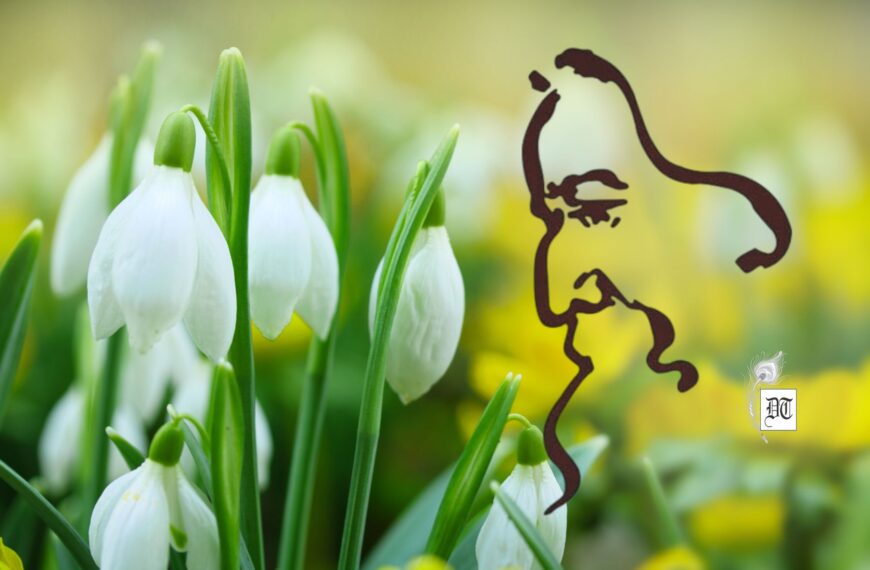India celebrates Ugadi, the Hindu lunar new year, with great fervour. Many states have distinct names for this event, symbolising regeneration, introspection, and thanks, reports Rupa – an exclusive Special Feature for Different Truths.
Yugadi, in Sanskrit, means Yuga (Time or Era) + Adi (Starts), symbolising the “start of an era”. It is celebrated by the people of the Deccan region of India, typically in March or April. Per the Gregorian calendar, it is the first month, first season and first day of the year. In the Telugu calendar, the first month is Chaitram, the first season is Vasantham (Spring), and the first day is Padyami (new moon day). So it falls on “Chaitra Shudhdha Paadyami“, or the first day of the bright half of the month of Chaitra; this day is pivoted on the first New Moon after March Equinox.
Ugadi is the start and first day of the Creation of the Universe by Lord Brahma.
As per Hindu texts, Ugadi is the start and first day of the Creation of the Universe by Lord Brahma. He began this meaningful work by introducing years, months, weeks, and days to track time. It is for this reason that for this reason, as the day of the beginning of a new age. It was also the day when Lord Rama, after returning from an exile of 14 years, was crowned the King of Ayodhya. It is also the day on which Lord Krishna left the world. Maharishi Vedavyasa has described this beginning of a new age as Yesmin Krishno Divamvyataha, Tasmat Eeva Pratipannam Kaliyugam.
One of the names of Lord Vishnu is Yugaadikrit, which means the creator of the Yugas or ages, so devotees worship Lord Vishnu on the day to seek his blessings.
This year in 2023, Ugadi falls on the 22nd of March, named Shobhakruthu. “Subhakritu Nama Samvatsara” means the year will be filled with great deeds and good fortune. ‘Subhakrith’ can also be expressed as ‘Shubha’. It implies auspicious or good, and ‘Subhakrith’ implies performing auspicious or great deeds.
Telugu calendar (Panchangam) includes 60-year names…
Telugu calendar (Panchangam) includes 60-year names; every 60 years, one name cycle completes, and the names repeat in the next cycle — a complete list of 60 Telugu Year names from 1867 to 2106.
The States of Andhra celebrate Ugadi, Telangana as Ugadi, Karnataka as Yugadi, Samvatsaradi, Maharashtra as Gudi Padwa, Rajasthani Marwari as Thapna; Sindhis as Cheti Chand, Goa, Manipuris as Sajibu Nongma Panba, and the Hindus of Bali and Indonesia celebrate as Nyepi. Ugadi is one of the five Hindu national public holidays in Mauritius. In some parts, Ugadi is known as Bharathiya Nava Varsh or Vikram Samvat.
Customs of the Ugadi Festival include people waking up early, cleaning homes, and decorating entrances of each room with mango leaves festoons (thoranam). These are considered auspicious in the Hindu tradition. People also clean the front of their houses with water and cow dung paste and then draw colourful floral designs (muggu). It is a custom to wear new clothes after an oil bath.
Ugadi meal specials include Bhakshalu aka Bobbatlu, Boorelu, Polelu or Oligalu Pulihora, raw mango pickle and special Ugadi Pachadi. This chutney is kept in front of the deity of the house while performing Puja rituals where all pray to the god for health, wealth, prosperity, and success in life.
Unique Ugadi Pachadi reflects life as it consists of all the flavours that taste buds can perceive…
Unique Ugadi Pachadi reflects life as it consists of all the flavours that taste buds can perceive, and each flavour symbolises an emotion. It contains all six flavours of food (ṣaḍruculu) : sweet ( tīpi), sour ( pulupu), salty ( uppu), spicy (kāraṁ), bitter (cēdu) and astringent ( vagaru). It is made from tamarind paste (sour), neem flowers (bitter), brown sugar or sweet jaggery (sweet), table salt (salt), green chilli (spicy) and raw mango (astringent). It is symbolic of the complexities of life expected in the New Year.
Indian diaspora overseas gets creative and uses bitter gourd peel grate instead of neem flower as neem flowers are not available. Communities, families, and friends tend to meet over a meal over the weekend to mark the special day with traditional cooking by the host family or a potluck.
In the evening, people used to and even now visit the nearby temple for Panchanga Sravanam (the religious almanack predictions) by the priest. In the modern era, TV and social media have the priest do the same for the followers.
Picture design Anumita Roy, Different Truths
Video from Youtube





 By
By
 By
By
 By
By
Instructive and enriching — thank you!
Dr Azam sir, thank you for reading and posting your invaluable comment